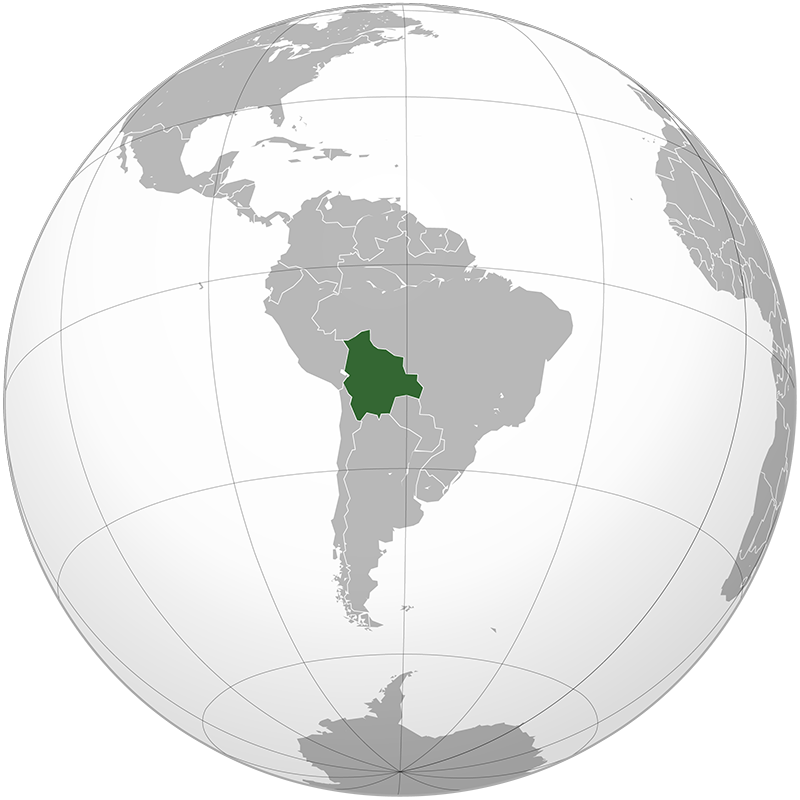
- Population:
- 12,413,000
- Religion:
- Christianity
Bolivia was home to advanced indigenous civilizations, including the Tiwanaku and later the Inca Empire. Spanish colonization began in the 16th century, making Bolivia an important part of the silver trade. It gained independence from Spain in 1825 under the leadership of Simón Bolívar. The country has since experienced numerous political and economic shifts, including military coups and social reforms. Bolivia remains rich in natural resources, particularly lithium and natural gas, playing a crucial role in the global energy market.
Bolivia, officially the Plurinational State of Bolivia, is a landlocked country located in the heart of South America. It shares borders with Brazil to the north and east, Paraguay and Argentina to the south, and Chile and Peru to the west. Covering an area of approximately 1,098,581 square kilometers, Bolivia has a population of around 12 million people. The country has two capital cities: Sucre is the constitutional capital, while La Paz is the seat of government and executive capital. The official languages are Spanish and 36 indigenous languages, including Quechua and Aymara. Bolivia's geography is diverse, ranging from the Andes Mountains and the Altiplano plateau to the Amazon rainforest. The economy is based on various sectors, including mining, natural gas, agriculture, and manufacturing. Bolivia is a member of the United Nations, the Organization of American States (OAS), and the Community of Latin American and Caribbean States (CELAC).






